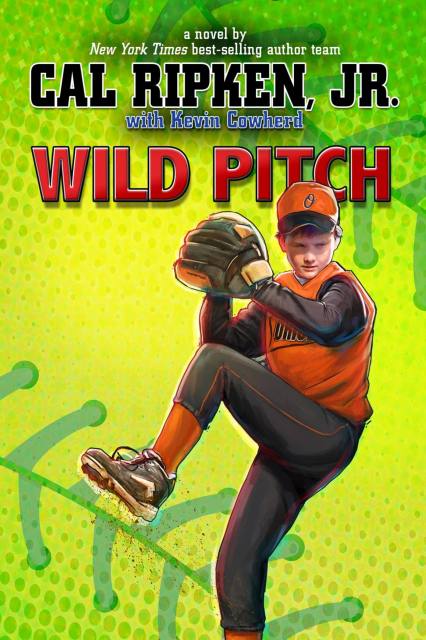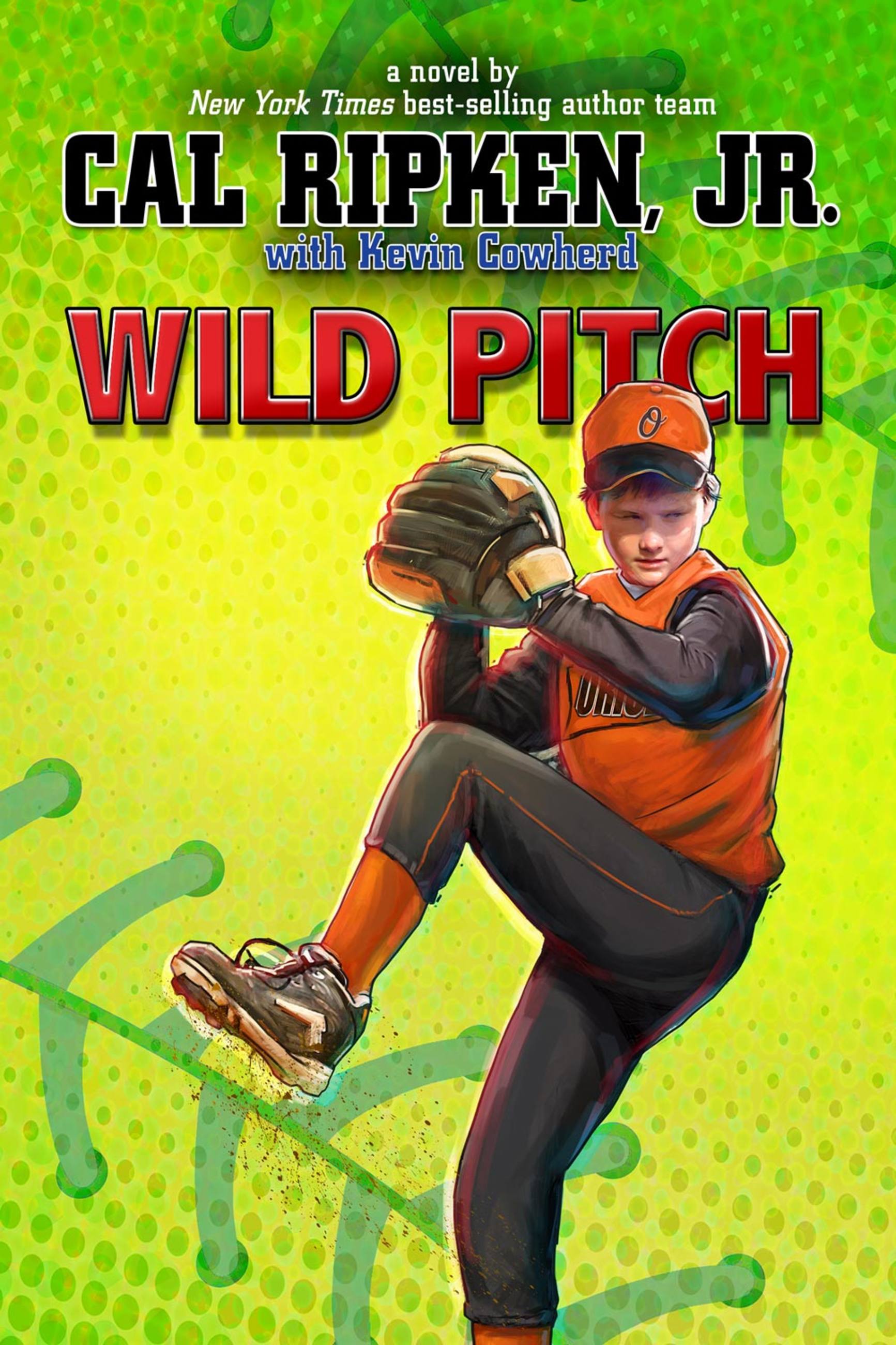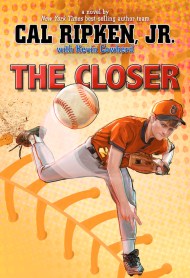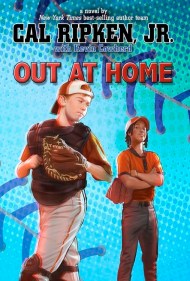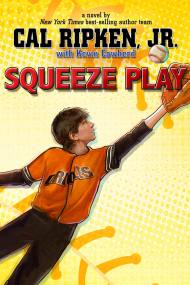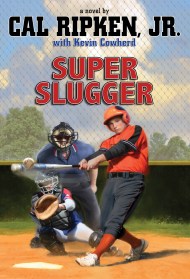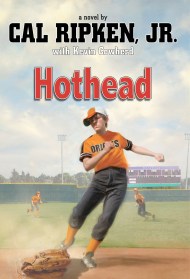By clicking “Accept,” you agree to the use of cookies and similar technologies on your device as set forth in our Cookie Policy and our Privacy Policy. Please note that certain cookies are essential for this website to function properly and do not require user consent to be deployed.
Wild Pitch
Contributors
By Kevin Cowherd
Formats and Prices
- On Sale
- Mar 5, 2013
- Page Count
- 208 pages
- Publisher
- Little, Brown Books for Young Readers
- ISBN-13
- 9781423178972
Price
$6.99Price
$8.99 CADFormat
Format:
ebook $6.99 $8.99 CADThis item is a preorder. Your payment method will be charged immediately, and the product is expected to ship on or around March 5, 2013. This date is subject to change due to shipping delays beyond our control.
Buy from Other Retailers:
Robbie Hammond is the hardest throwing pitcher in the Babe Ruth League. But what good is all that heat when he can't seem to find the plate? With Robbie struggling, the Orioles are suffering through a nightmare season, still looking for their first win. Robbie's teammates are whispering that the only reason he's even pitching is that he's the coach's kid. They've even given him a new nickname: Ball Four.
What the other Orioles don't know is that Robbie is still haunted by a fastball that got away from him and injured a batter in last year's All-Star Game. Now, with the pressure mounting, he's willing to try anything to get his control back, including listening to a mysterious boy who just might hold the key to helping Robbie and the Orioles save their season.
This third action-packed book in Cal Ripken Jr.'s All-Star series will have readers on the edge of their seats as they root for Robbie's comeback.
Newsletter Signup
By clicking ‘Sign Up,’ I acknowledge that I have read and agree to Hachette Book Group’s Privacy Policy and Terms of Use
